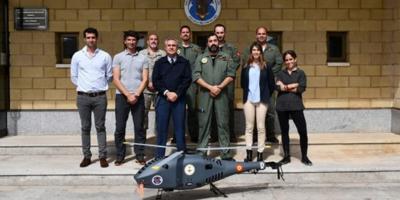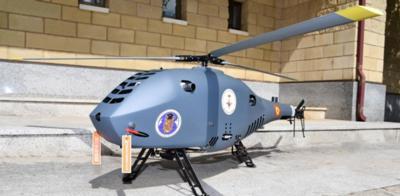Fri, Nov 03, 2023
Advertisement
More News
 ANN's Daily Aero-Term (12.01.25): Convective SIGMET
ANN's Daily Aero-Term (12.01.25): Convective SIGMET
Convective SIGMET A weather advisory concerning convective weather significant to the safety of all aircraft. Convective SIGMETs are issued for tornadoes, lines of thunderstorms, e>[...]
 ANN's Daily Aero-Linx (12.01.25)
ANN's Daily Aero-Linx (12.01.25)
Aero Linx: United Flying Octogenarians WELCOME to a most extraordinary group of aviators, the United Flying Octogenarians (UFO). Founded in 1982 with just a handful of pilots, we h>[...]
 NTSB Final Report: Remos Aircraft GmbH Remos GX
NTSB Final Report: Remos Aircraft GmbH Remos GX
Pilot’s Decision To Attempt Takeoff With Frost Covering The Airplane’s Wings Analysis: The pilot of the light sport airplane was preparing to depart for a cross-country>[...]
 Aero-News: Quote of the Day (12.02.25)
Aero-News: Quote of the Day (12.02.25)
“We’ve paid for the cable line’s repair for the customer and have apologized for the inconvenience this caused them...” Source: Some followup info from an A>[...]
 ANN's Daily Aero-Term (12.02.25): Coupled Approach
ANN's Daily Aero-Term (12.02.25): Coupled Approach
Coupled Approach An instrument approach performed by the aircraft autopilot, and/or visually depicted on the flight director, which is receiving position information and/or steerin>[...]
blog comments powered by Disqus





